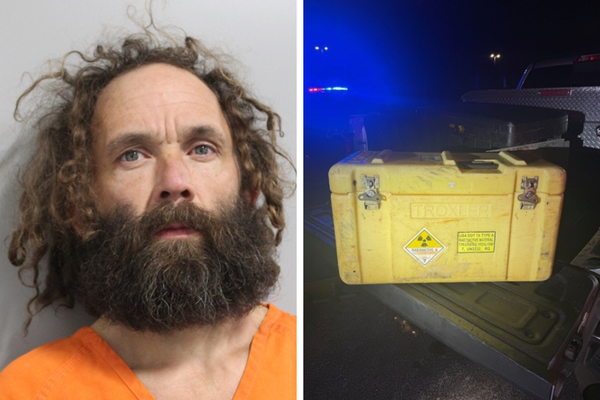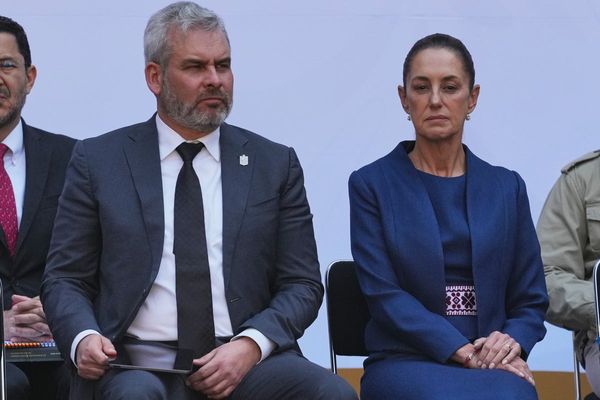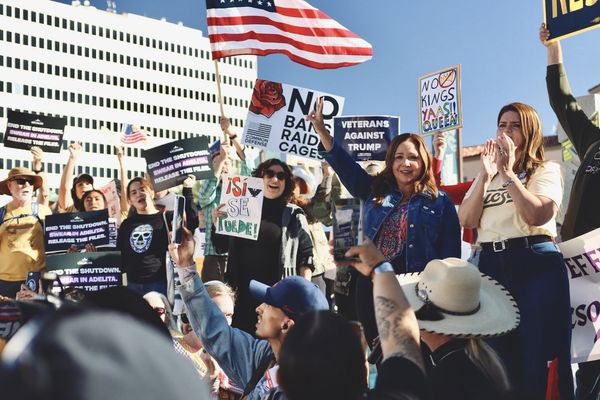
Ben Roberts-Smith’s defamation case against three newspapers was an “abuse of process … based on a lie”, because he knew the allegations of war crimes made against him were true, the federal court has been told in an ongoing dispute over who should pay for the marathon trial.
The former SAS corporal, Australia’s most decorated living veteran, tried to conceal his war crimes, and should be compelled to pay after he comprehensively lost his case in June having rejected an earlier settlement offer from the newspapers, Nicholas Owens SC, acting for the papers, told the court.
“It must be the case, inevitably and necessarily, that the applicant commenced these proceedings and continued these proceedings knowing those imputations sued upon were in fact true,” Owens said.
Roberts-Smith has accepted he is liable for millions of dollars in costs after he rejected a settlement offer in March 2020.
But the newspapers have argued Roberts-Smith should have not have brought the case in the first place and should pay the costs from August 2018, when he first sued.
Arguments in the court now revolve around the cost of the trial – estimated at up to $35m – after Roberts-Smith lost his action in June, with justice Anthony Besanko dismissing his application and finding that Roberts-Smith was complicit in four murders while serving in the SAS in Afghanistan.
Roberts-Smith is appealing that decision to the full bench of the federal court, to be heard in February.
Roberts-Smith alleged a series of 2018 articles had falsely portrayed him as a criminal who “broke the moral and legal rules of military engagement” and “disgraced” his country and its army. He denied all wrongdoing and said the allegations against him were motivated by spite and jealousy.
But Besanko found the newspapers had proven to a civil standard – on the balance of probabilities – that Roberts-Smith was complicit in the murder of four unarmed prisoners in Afghanistan, including kicking a handcuffed prisoner off a cliff before ordering him shot dead.
The judge also found Roberts-Smith ordered subordinate soldiers under his command to murder civilians, bullied comrades, intimidated other soldiers he thought might testify against him, and threatened a woman with whom he was having an affair.
Roberts-Smith should bear all of the costs of the defamation action, Owens argued, because he was “the moving party to the litigation … he was the person who brought this whole thing into existence”.
The defamation action was a “classic … abuse of process”, Owens argued, because court proceedings had been misused in an attempt “to achieve an injustice, that is a result that a party knows is based on a lie”.
“It corrupts the whole process … because it involves the bringing forward of false evidence … and it means the whole conduct of the litigation becomes a waste of both court and party time and money,” Owens said.
Roberts-Smith’s barrister, Arthur Moses SC, said Roberts-Smith had no other choice than to launch litigation to defend his public standing.
It was the newspapers’ “provocation” that precipitated the case, Moses argued, by reporting that he was a “war criminal who had assaulted a woman”.
Roberts-Smith was put in an “impossible predicament as a citizen” as the reports had ruined his reputation and trashed his presumption of innocence on serious allegations for which he had not been criminally charged.
He could either “allow the publications to continue and trash his presumption of innocence or … protect his rights,” Moses said.
“The media were not entitled to go around publishing these articles in the situation where he was entitled to the presumption of innocence.”
Roberts-Smith has not been criminally charged over his actions in Afghanistan, but remains the subject of an active investigation by the government’s Office of the Special Investigator, established to investigate allegations of war crimes by Australian soldiers in Afghanistan.
In court on Monday, Justice Besanko reserved his decision which is to be delivered “in the near future”.







